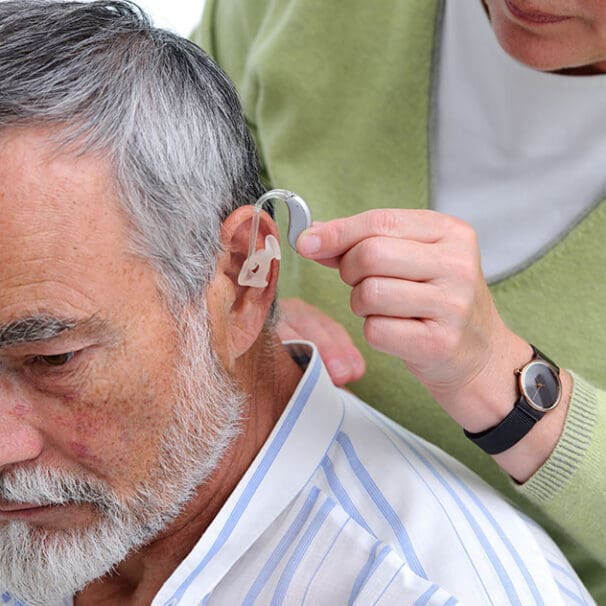HealthProviders DB is a comprehensive database of healthcare providers, including a complete directory of all Assistive Technology Practitioner Audiologists.
Audiologist Healthcare Taxonomy Code 231HA2400X
As of today, the following are the total number of Assistive Technology Practitioner Audiologists nationally, in your state, and near your location.
Select a State below to view the list by State. Additionally, you can narrow the list by city, among other options, from the Filter Panel, which you can open by clicking the vertical ellipses ⋮ in the upper right corner of the app.
Alaska – Alabama – Armed Forces Pacific – Arkansas – American Samoa – Arizona – California – Colorado – Connecticut – District of Columbia – Delaware – Florida – Federated States of Micronesia – Georgia – Guam – Hawaii – Iowa – Idaho – Illinois – Indiana – Kansas – Kentucky – Louisiana – Massachusetts – Maryland – Maine – Marshall Islands – Michigan – Minnesota – Missouri – Northern Mariana Islands – Mississippi – Montana – North Carolina – North Dakota – Nebraska – New Hampshire – New Jersey – New Mexico – Nevada – New York – Ohio – Oklahoma – Oregon – Pennsylvania – Puerto Rico – Palau – Rhode Island – South Carolina – South Dakota – Tennessee – Texas – Utah – Virginia – Virgin Islands – Vermont – Washington – Wisconsin – West Virginia – Wyoming
Medicare
The following are the total number of Assistive Technology Practitioner Audiologists who accept Medicare in your State, the number who have opted out of Medicare, and the total number excluded from participation in Medicare nationwide.
The diagram below shows all the Assistive Technology Practitioner Audiologists across the country, represented by blue bubbles. The larger the bubble, the greater the concentration of providers in that area. Red bubbles represent Medicare-excluded providers, with the larger bubbles indicating a higher percentage of excluded providers in that region. You can change the bubble size to be based on exclusions from the Size menu.
What do Assistive Technology Practitioner Audiologists do?
Assistive Technology (AT) Practitioner audiologists assess a patient’s hearing needs, recommend appropriate assistive listening devices and hearing aids, provide training on their use, and offer ongoing support to enhance communication and function for individuals with hearing loss.
They work to fit and program these devices, assess environmental challenges, and help patients integrate AT into their daily lives to enhance their independence and quality of life.
What they do
Assessment: Evaluating a client’s communication needs, environmental challenges, and the effectiveness of current assistive listening devices.
Recommendation: Recommending specific assistive technology, such as hearing aids, cochlear implants, FM systems, and amplified phones, to suit the individual’s needs.
Fitting and Programming: Selecting, fitting, and programming devices to ensure optimal performance for the user.
Training and Counseling: Providing comprehensive training to clients and their families on how to use the AT devices effectively.
Ongoing Support: Offering troubleshooting, maintenance, and continued support to ensure the devices continue to meet the client’s evolving needs and to foster independence.
Collaboration: Working with other professionals, such as educators and social workers, to create inclusive environments where assistive technology can be effectively used.
Types of Assistive Technology
Assistive Listening Devices (ALDs): Various devices, such as FM systems, amplified phones, and Bluetooth devices, help in challenging listening environments.
Hearing Aids: Devices that amplify sounds to improve hearing.
Cochlear Implants: Electronic devices that provide a sense of sound to people with severe to profound hearing loss.

